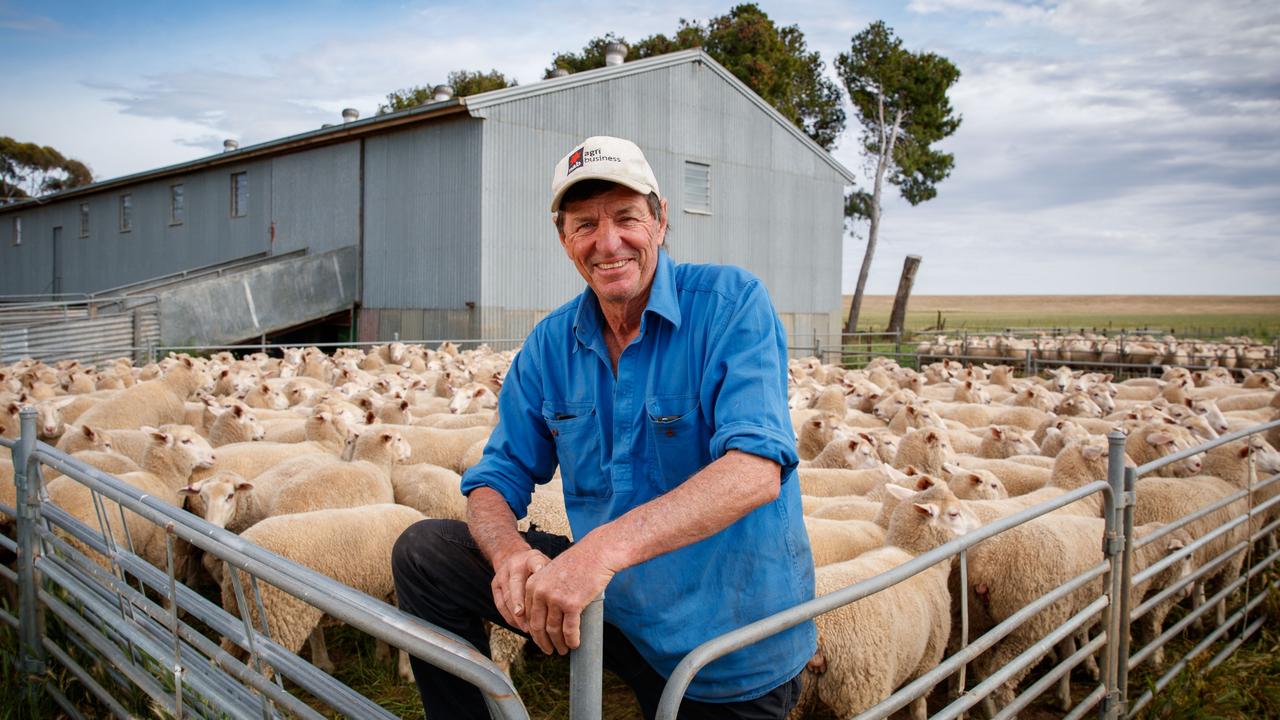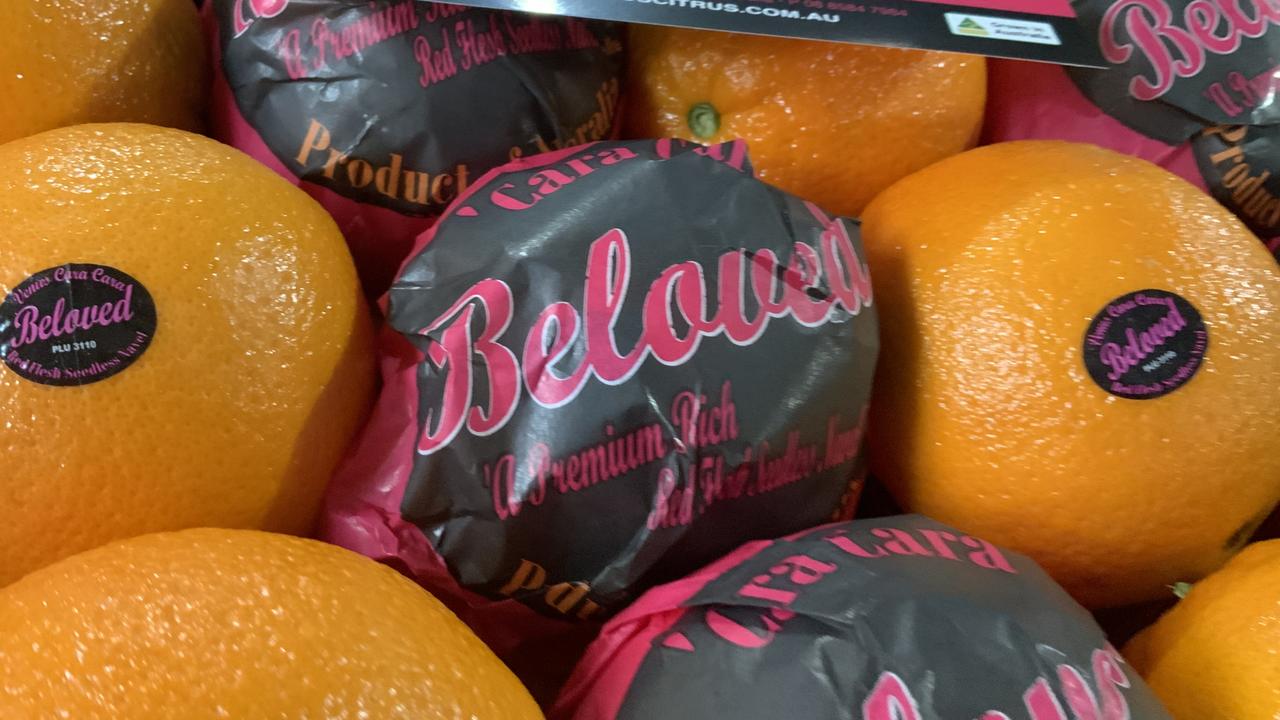How to breed Wagyu cattle with the Grove family of Everything Wagyu at Cohuna
Everything is as it should be at this Wagyu paddock-to-plate operation in Cohuna.
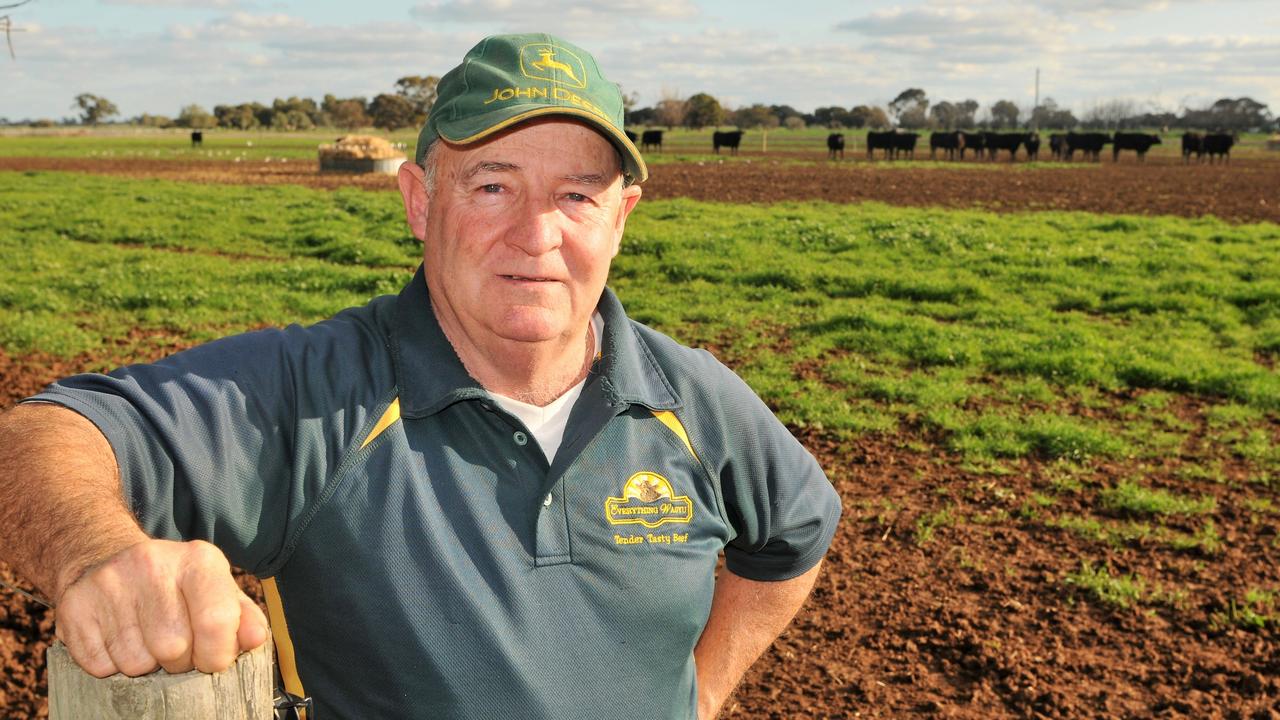
QUALITY and consistency. For the Grove family’s Everything Wagyu paddock-to-plate business at Cohuna in northern Victoria that means, well, everything.
“The first thing I learnt when I knocked on chef doors — literally knocked on their doors and said ‘I’m a farmer, I want to sell you something’ — they said to me that unless I could guarantee consistency and quality, they wouldn’t deal me with me,” says former dairy farmer Steve Grove, who started breeding Wagyu in 2003 and now turns off more than 100 head annually to supply leading cafes and restaurants across Melbourne and parts of regional Victoria.
GROVE FAMILY
COHUNA
FORMER dairy farmers
OPERATE the Everything Wagyu paddock-to-plate business
RUN 600 Wagyu and process two a week for growing clientele
PRODUCT is sold to leading cafes and restaurants across Victoria
“We do everything consistently the whole time … the way the cattle are bred, reared, fed, how long they are hung for at the butchers. We don’t change anything because we know what we do gets the result the customer wants.”
Everything Wagyu is run by Steve and his son David on the 405ha farm the family has owned since they moved to Cohuna from Melbourne in the late 1970s with limited agriculture experience.
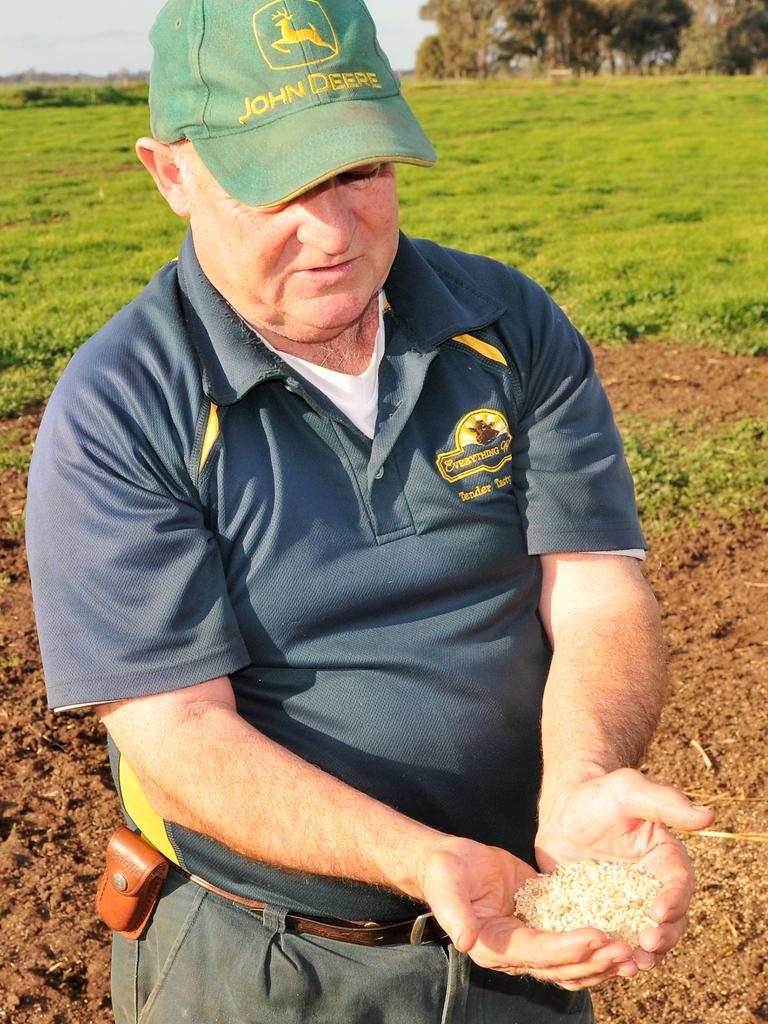
During most of that time it played host to a high-intensity dairy operation milking 600 cows. In 2005, in an effort to stay ahead of the dairy cost-price curve, the Groves started dabbling in the premium Wagyu beef breed.
They began by rearing calves and in 2008 they ceased milking to concentrate solely on Wagyu production. They created the Everything Wagyu brand 12 years ago.
SOLID BASE
THE 600-head Wagyu herd is run on about 80ha and the remainder of the property sown down to cereal crops and hay, which is usually sold to local dairy farmers. This year, however, “most of it went north … there is just so much demand for it up there”.
Cohuna receives about 275-300mm of rainfall in an average year and Steve said while the season was tracking better than last year there was no subsoil moisture and “if we get any kind of hot weather and no more rain we might be in trouble”.
Everything Wagyu’s breeding program involves Steve selling Wagyu semen to local dairy farmers to use in their Holstein cows and then buys their calves back.
Semen is sourced from ABS with Steve looking for high-marbling Tajima bloodlines.
Because the semen is inserted into Holsteins — “a fast growing, big animal” — they aim for low growth rates, which differs to most Wagyu stud breeders who have a preference for high growth rates from smaller animals.
“It is just horses for courses and we are dealing with racehorse-size cows so we don’t want them too big or to grow too fast,” Steve said.
The dairy farmers either rear the calves themselves, or Steve has a group of professional calf rearers he works with, until they weigh 105kg at 16-20 weeks of age. They are then transported to the Grove’s farm, where they enter a specialised feeding program until they are finished at 750kg at 2-2.5 years of age.
HIGH STEAKS
STEVE stresses that the cattle aren’t run in a feedlot situation — “consumers prefer if they are not” — but in set stocked numbers of about 30 in 3.2ha former dairy cow paddocks. Here they are fed a grain and straw diet in the paddock on an ad-lib basis with the aim for them to not consume grass.
“Wagyu in my opinion just don’t grow as consistently as well on grass,” he said.
Steve said they were particularly conscious “of slow and steady growth”.
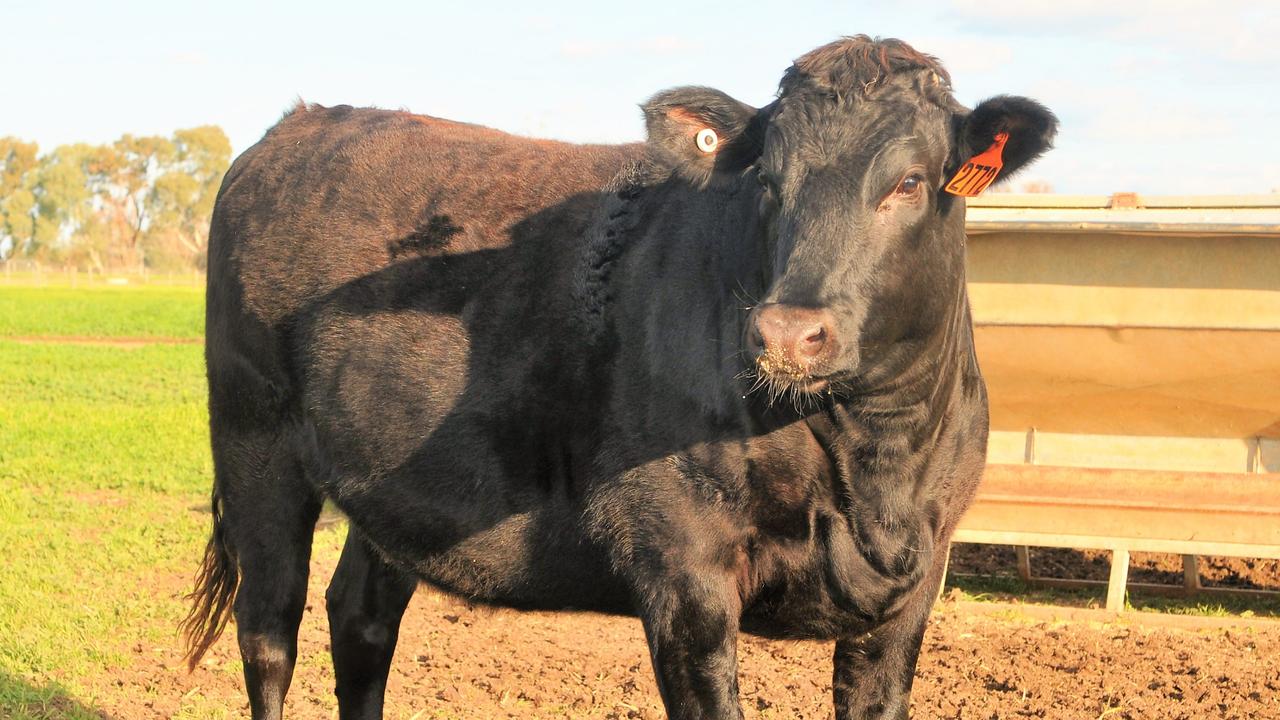
Daily weight gains vary from 1.5kg as young animals to 0.75kg in the final six to 12 months of their life. “You don’t see the fast growth you see in other feedlots because we want the slow growth to promote the marbling,” he said. “We don’t want them at 750kg at 18 months of age because they just won’t have had enough time to marble. If we have consistent growth rates … we can predict to within a month when they’ll be ready. We cannot ever have no meat available for our customers.”
Steve said the business “profit margins have literally been cut in half” over the past two years with grain prices rising from $200 to more than $400 a tonne.
He said feed accounted for about 80 per cent of Wagyu rearing costs, with each of the cattle consuming seven to eight tonnes in their life, and that extra $200 a tonne added $1400-$1800 to the cost of production.
CHILL OUT
EVERYTHING Wagyu processes two a week “religiously” every week.
The cattle were initially slaughtered at Gunbower and Echuca abattoirs prior to their closures. They are now trucked more than two hours to Hardwick’s abattoir at Kyneton. Hardwick’s deliver the bodies back to a butcher at nearby Leitchville to be boned out.
Steve then spends one and a half to two days a week to manage the orders, which are custom packed to customer requirements. Steve does the country deliveries to Swan Hill, Echuca, Bendigo and Castlemaine, mostly pubs, clubs, steakhouses, cafes. David looks after the Melbourne orders, which range from cafes to restaurants and steakhouses.
“If you’re going to sell a whole Wagyu you’ve got to sell everything from sausage mince to eye fillet,” he said. “No one place can take all of it so you’ve got to have a range of places and a range of towns because the demand is different too — depending if they are a tourist town with a lot of Melbourne people coming or a small country town who deal mostly with the local trade and have difficulty selling high-end steaks.”
The business also specialises in value adding through products such as pre-made hamburger patties and smallgoods such as kabana, kranskies and ham. Everything Wagyu works on a minimum marble score of six-plus, ranging up to nine-plus but predominantly in the seven range.
Looking forward, Steve said the plan was to keep growing but not at the expense of quality and consistency.
And he offers up one final piece of advice. “If you’re a farmer delivering to customers you’ve got to be in it for the long haul and through thick and thin”.


